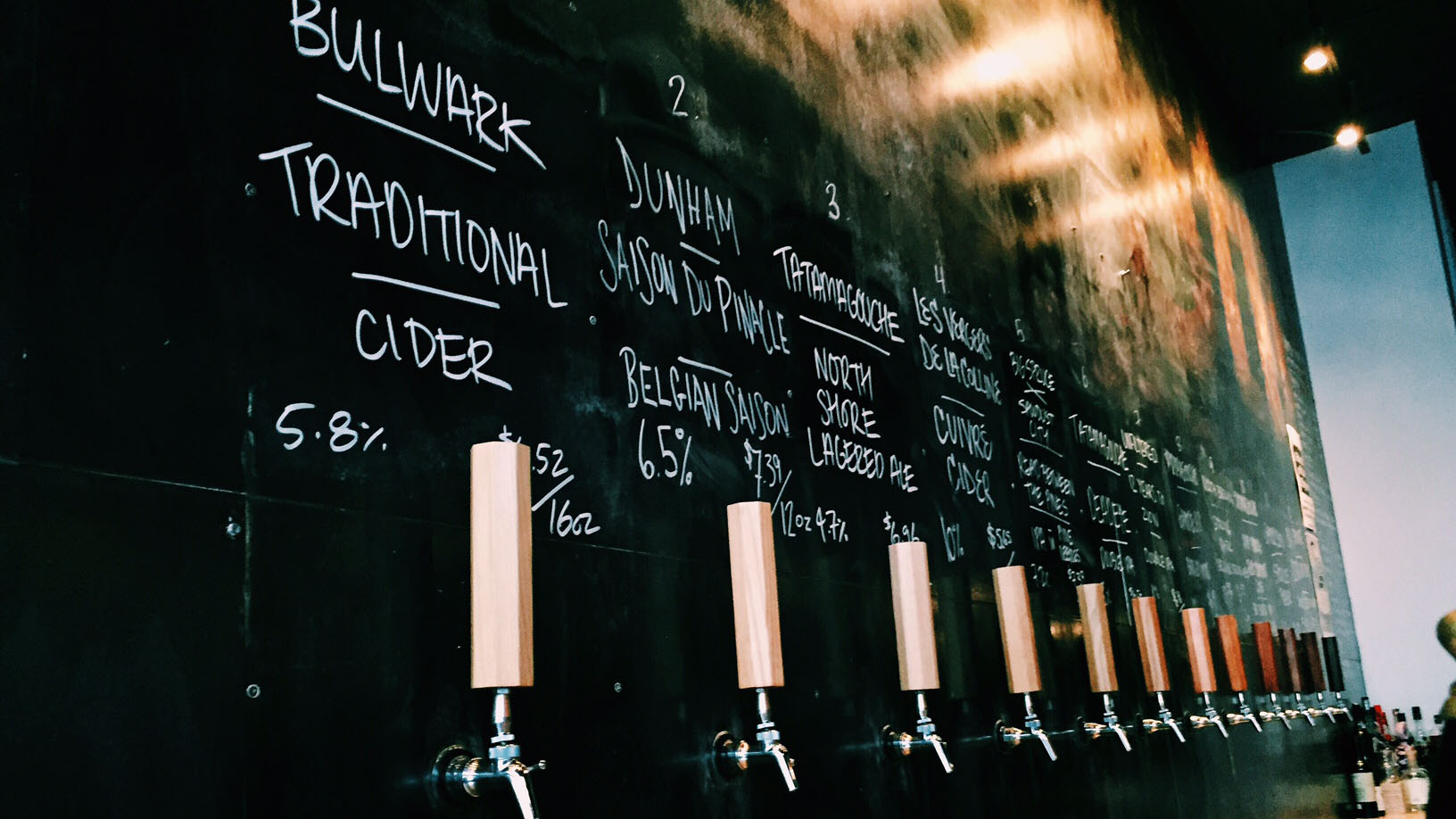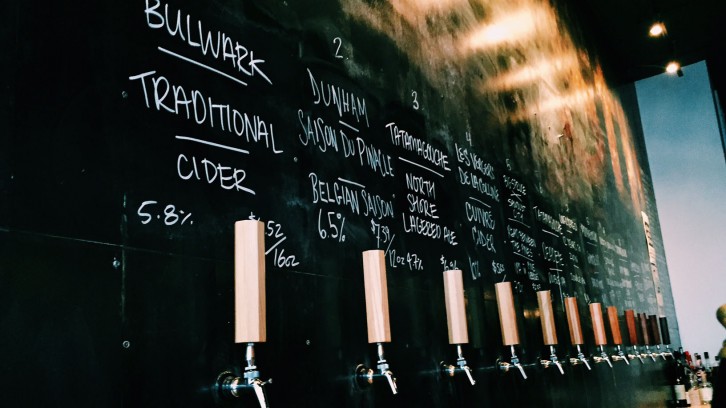Beer
Shortage of local hops for local breweries
Nova Scotia breweries going elsewhere for key ingredient

caption
Selection of local beer at Stillwell in downtown Halifax
caption
Selection of local beer at Stillwell in downtown Halifax.Nova Scotia is home to more than 20 microbreweries, but they’re having trouble accessing a homegrown ingredient they need for their beer.
Hops are used as a flavoring and stability agent in beer, adding citric, zesty and bitter tastes.
The hops market in Nova Scotia isn’t nearly as big as it needs to be to provide all of the breweries with how much they require.
Jeremy White is one of the owners of Big Spruce Brewing on Cape Breton Island. He said the accessibility of local ingredients is grim.
Big Spruce has its own hop yard, but it’s not big enough for how much beer they brew.
“We produce about two per cent of the hops for our operations annually,” White said. “The ingredients that can be local, we use as much as we can.”
Big Spruce Brewing also grows ingredients such as pumpkins, squash and wild berries that they use in certain beers.
But hops are the common shortage.
Henry Pedro is a co-owner of Boxing Rock Brewery in Shelburne, N.S. He said the majority of their hops come from Ontario.
“The ability of supply and quality from Ontario is the best we can get,” he said. “Right now, there’s not that much going on locally.”
Pedro said local hops growers can only supply enough for one or two batches of beer at a time.
What’s stopping the hops?
Why aren’t people growing hops in Nova Scotia when there’s such a high demand for them?
Chris Duyvelshoff is a crop specialist at Perennia in Nova Scotia. He said the biggest challenge in bringing a crop from small to large scale is the change from tasks done by hand to the use of machinery.
This requires a lot of money and large plots of land.
Pedro said in order to produce enough hops for a brewery’s operation, a farm would need to have five acres of hop plants. In order to actually make a profit, it’d need more than five acres.
Duyvelshoff said right now, growers in Nova Scotia have young plantations. But some are actively working on expanding.
Both White and Pedro said several microbreweries in the province, including their own, are trying to work with local growers to expand and grow hop farms.
Questions about quality
Kevin Keefe from Granite Brewery said he has never used local hops. He said it’s because he hasn’t found anything locally that is up to his standards.
“You want to use the best ingredients you can,” he said.
Duyvelshoff said Nova Scotia hops are definitely at a different quality than those grown in Western parts of Canada.
“Climatically, the Western areas are more ideally suited for bulk hop production,” he said. “They have warmer temperatures and more growing degree days.”
But, he said it’s a learning process. Everyone here is just starting.
“Production is going to increase,” Duyvelshoff said. “The growers are learning every year and are increasing their ability to produce higher quantities.”

